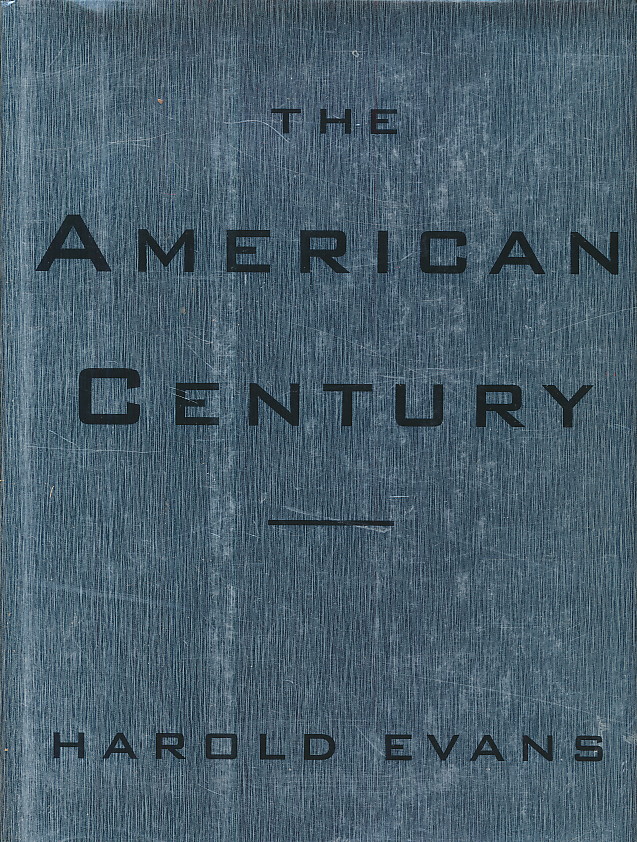The American Century
€20,00
Nema na zalihi
| Težina | 3158 g |
|---|---|
| Format | 24 × 30 cm |
| Autor | |
| Izdavač | |
| Godina | 1998 |
| Broj stranica | 736 |
| Uvez | Tvrdi |
| Stanje knjige | Vrlo dobro |
The American Century is an epic work. With its spectacular illustrations and incisive and lucid writing, it is as exciting and inspiring as the hundred years it surveys. Harold Evans has dramatized a people’s struggle to achieve the American Dream, but also offers a thoughtful and provocative analysis of the great movements and events in America’s rise to a position of political and cultural dominance. There are 900 photographs, several hundred brought to light for the first time, and the richly researched narrative offers many surprises. In 1889, when the United States entered the second hundred years of its existence, it was by no means certain that a nation of such diverse peoples, manifold beliefs, and impossible ideals could survive its own exceptional experiment in democracy or manage to avoid a headlong slide into oblivion. Evans describes what happened to the democratic ideal amid the clash of personalities and the convulsions of great events. Here are assessments of the century’s nineteen presidents, from Benjamin Harrison, who brought the Stars and Stripes into American life in 1889, to the movie star who waved it so vigorously a hundred years later. Here are the muckrakers who exposed the evils of rampant capitalism, and the women who fought to make a reality of the rhetoric of equality. Here are the robber barons–the Carnegies, the Rockefellers, and the Morgans — carving out great empires of unparalleled wealth, turning their millions into foundations for public benefit. Here are Al Capone and J. Edgar Hoover, Martin Luther King Jr. and the Ku Klux Klan, Joe McCarthy and Dwight Eisenhower. Here is the American heartland at peace (but on the wagon), America in two world wars, and at war with itself in the sixties. Evans analyzes the central questions of the era. Among them: How did the tradition arise that government should not meddle in business? How did anti-colonial America become an imperial power? How much was democracy threatened by the influence of money? What was the nature of American isolationism? Why did Woodrow Wilson take the United States into World War I? What caused the Great Depression, and why did it last so long? Did Franklin Roosevelt’s New Deal succeed or fail? Did the protests of the sixties go too far? Was Vietnam a noble cause? Has the Watergate scandal been blown up out of all proportion? Who deserves the credit for the end of the Cold War? Throughout, Harold Evans lets us see how America prospered because of the power of an idea: the idea of freedom. The nation did not simply become the largest economic and military power, send men to the moon and jeans and consumer capitalism to Red Square–it strengthened Western society through acts of courage, generosity, and vision unequaled in history. The British may claim the nineteenth century by force, and the Chinese may cast a long shadow over the twenty-first, but the twentieth century belongs to the United States. This is America’s story as it has never been told before.


